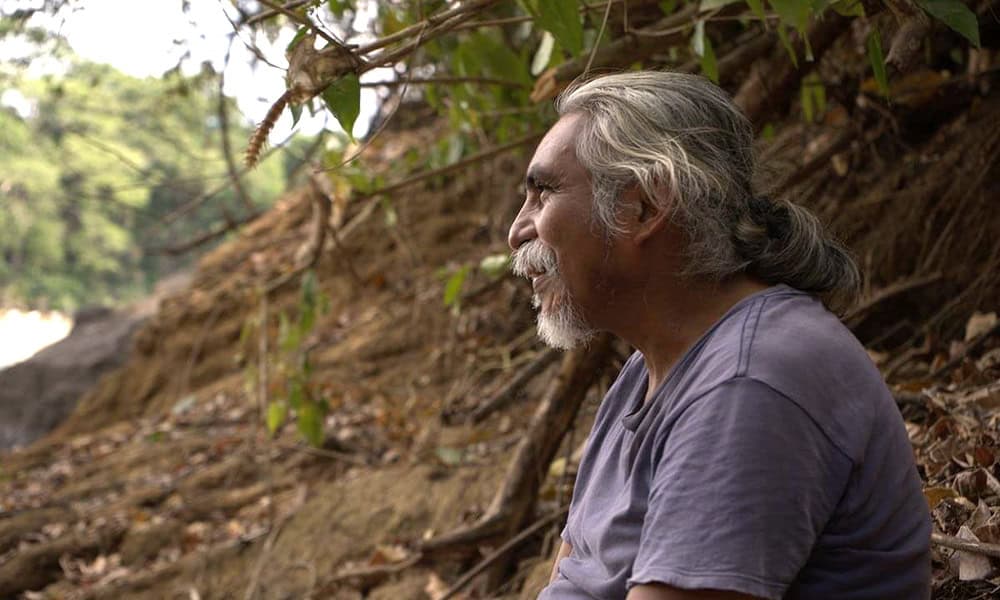The Inter-American Commission on Human Rights (IACHR) heard a petition this week to strengthen precautionary measures for Brörán indigenous leader Pablo Sibar. The request stems from a recent land invasion that put his life and safety at immediate risk. Sibar has held these protections, known as Precautionary Measure MC 321/12, since 2015.
The latest incident unfolded on August 10, when two people entered Sibar’s 10-hectare farm in Térraba. They claimed backing from the Integral Development Association of Térraba and said the land belonged to them. The property serves for environmental protection and water management in the community. Sibar owns it legally and has for over 13 years.
Police arrived but declined to remove the invaders. They cited a certification dated August 7 from the association, which favored the two individuals. Neither belongs to the Brörán people, and Sibar calls the document fake. He points out the association knew about his ownership long ago.
Sibar spoke out on the matter. “I acquired this land more than 13 years ago, and the ADI was fully aware of this,” he said. “All we ask, demand, and deserve is justice and to be left in peace, so that as an elderly person I can live well with my family. I will not allow my rights to be violated any further; I have been defending my people for more than 40 years, and we will not give up.”
In response, Sibar filed a complaint at the Public Prosecutor’s Office on Monday. He targeted the association’s board for the certification and the invasion, labeling it usurpation. An official there said the office could not step in and directed him to the regular agricultural route.
Sibar then headed to the Agrarian Court to sue. Staff informed him the invaders had already sued him first. No public defenders were on hand in Buenos Aires canton, which means delays ahead.
The petition to the commission stresses state accountability. “Any act against the physical integrity and life of defender Pablo Sibar or any of the indigenous defenders accompanying him will be the responsibility of the Costa Rican State,” it reads.
Sibar’s case highlights ongoing struggles for indigenous land rights in Costa Rica. He leads efforts to recover territories for the Brörán people in the south. Past threats led to the original measures, which call for state protection against violence and dispossession.
Advocates say the invasion fits a pattern where non-indigenous groups challenge claims with help from local bodies. The commission granted similar safeguards before, urging Costa Rica to act on evictions and probes.
Local groups rallied in support, setting up a solidarity camp near the farm. They demand quick action to uphold Sibar’s rights and prevent harm. Officials have not commented yet on the petition. The commission will review it and decide on reinforcements, which could include extra security or faster legal steps.
This development comes amid broader talks on indigenous issues in the country. Leaders like Sibar push for enforcement of laws that protect ancestral lands from encroachment. As the case moves forward, Sibar and his supporters stand firm. They seek peace on the land he has held for years, free from further disputes.

